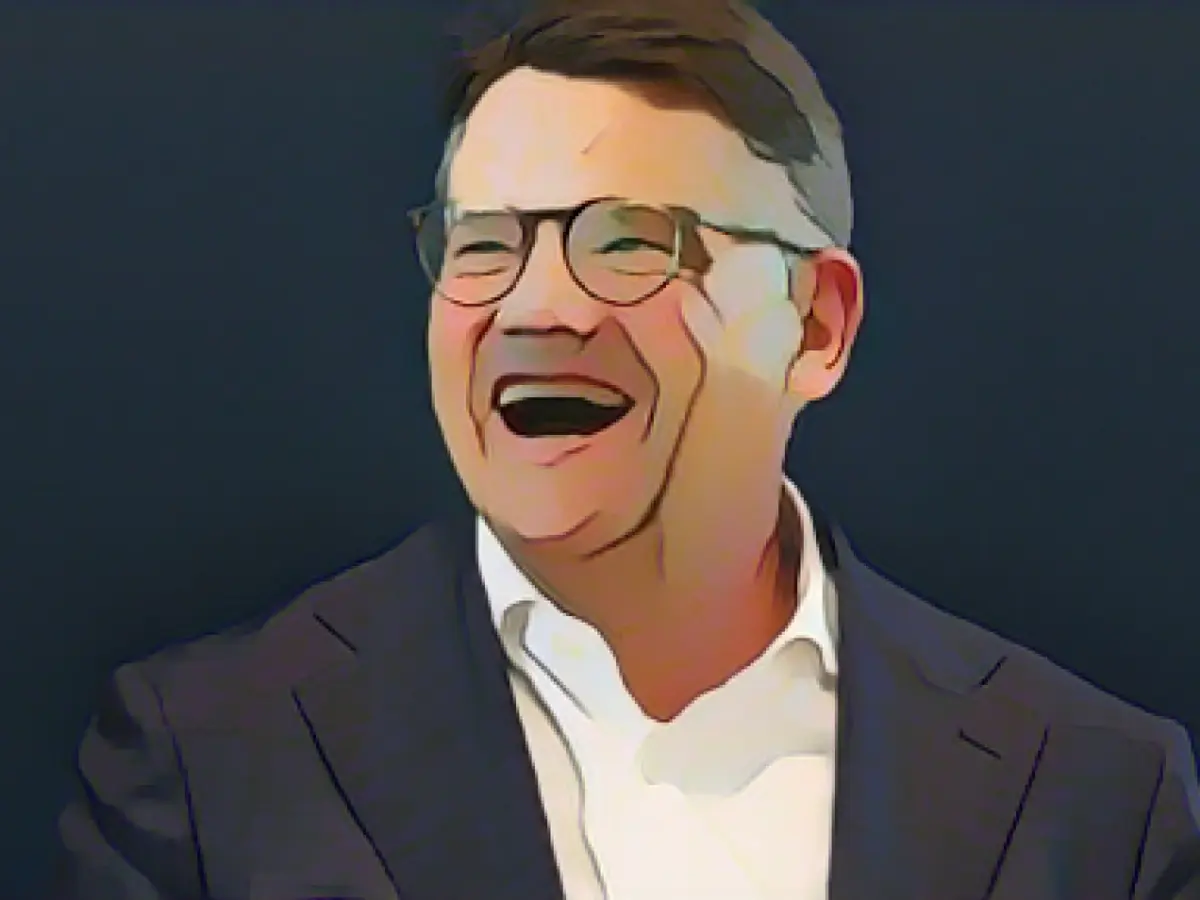CDU and SPD Seal Coalition Deal in Hesse's State Government
With a overwhelming majority, the CDU and SPD party conferences approved their coalition agreement in Hesse. The CDU's state committee agreed to it with a single vote against, while 81.9% of the SPD's votes supported it.
The agreement came after the CDU, led by Minister President Boris Rhein, decided to negotiate with the SPD, led by Federal Minister of the Interior Nancy Faeser, instead of the Greens, following exploratory talks. Hesse's state elections saw the CDU emerge victorious with 34.6% of the votes, comfortably beating the AfD in second place with 18.4%, and the SPD in third with 15.1%.
Related Reads:
The newly formed CDU-SPD coalition in Hesse marked a new chapter in the state's government, garnering substantial support from both parties. While the CDU had a strong showing in the elections, the coalition agreement's approval showed it was not a foregone conclusion. The partnership, backed by over 81.9% of the SPD votes, will now focus on implementing its policies, particularly in urban areas like Frankfurt on the Main.
Policy Perspectives:
Though the specific policy agenda of the CDU-SPD coalition in Hesse is not detailed, their general policy stances can be inferred from the broader federal election context:
- Debt Brake Reform: The CDU might advocate for reforming the debt brake, such as lowering the threshold to 0.15% of GDP.
- Energy Policy: The CDU and SPD have differing views on energy policy, with the CDU favoring subsidies for low-emission heating and the SPD pushing for renewable energy expansion.
- Immigration and Asylum: The CDU focuses on maintaining the right to asylum while advocating for tighter restrictions, while the SPD aims to reform the asylum system.
- Economic Policies: The CDU emphasizes reducing energy prices and increasing power generation, while the SPD highlights core issues like pensions and the minimum wage.
- Climate Protection: The SPD and Greens advocate for a transition to cleaner transport and prioritize climate protection, while the CDU is more cautious about reactivating nuclear power plants.
- Mobility and Transportation: The SPD and Greens push for e-mobility and maintaining the ban on internal combustion engine cars after 2035, while the CDU and AfD advocate for technology openness.
These stances can serve as a guide for potential policy directions in a Hesse coalition, though a regionally tailored agenda would require specific announcements from the coalition agreement or post-election statements.








